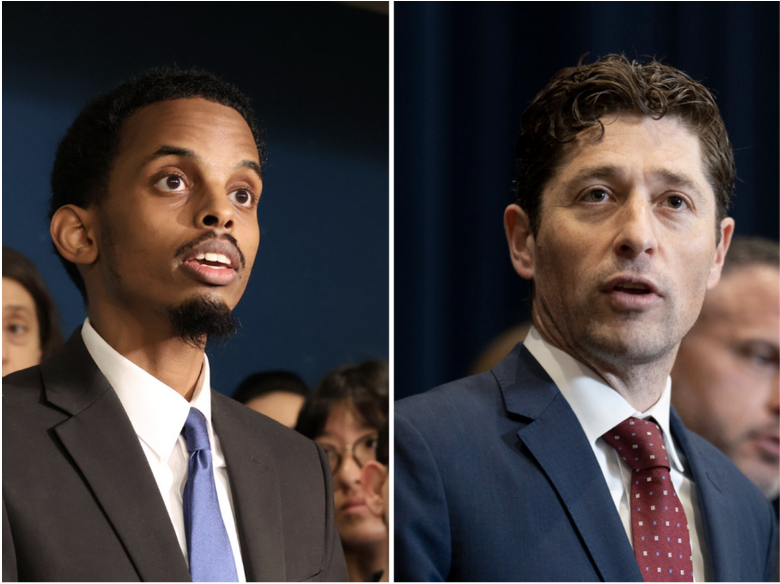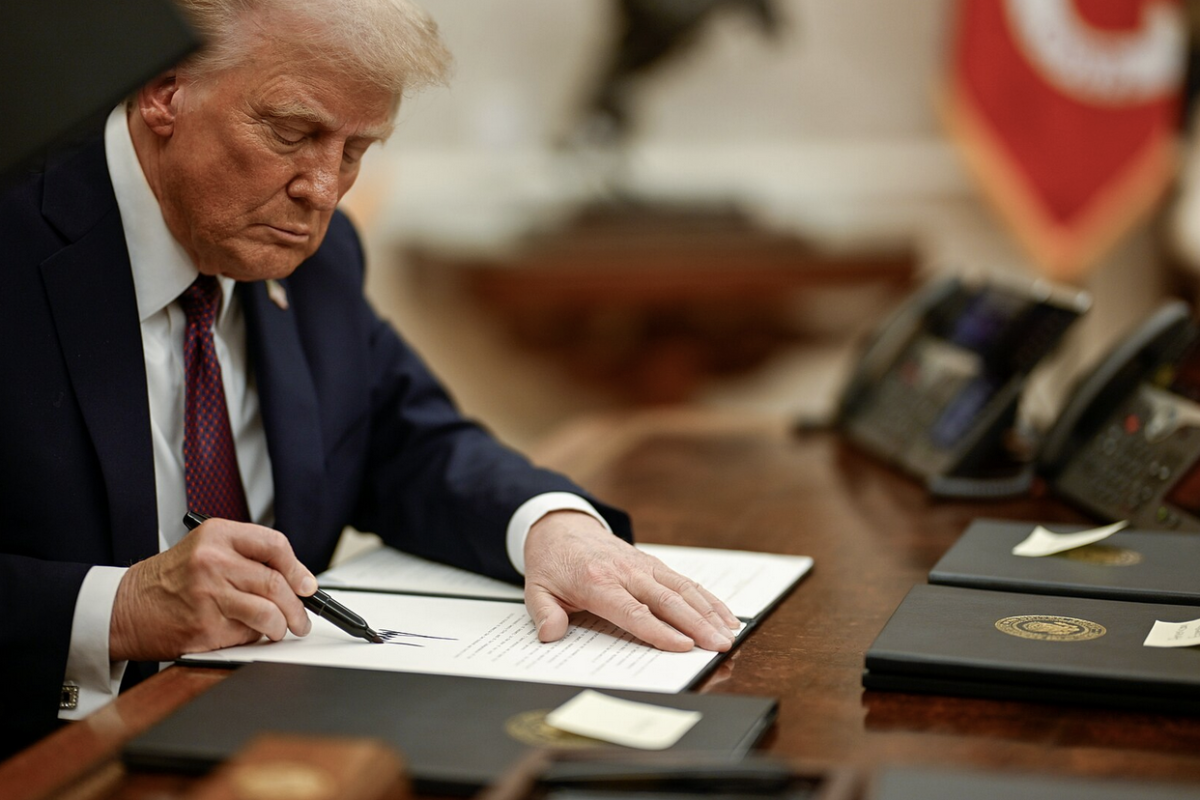On January 24, 2020, as many Americans were still only beginning to hear about an impending pandemic, 100 US Senators convened to discuss the nation’s preparedness to respond to the emerging crisis. On the same day, Senator David Perdue (R) purchased shares in a company that made personal protective equipment. Meanwhile, his fellow Georgia Senator, Kelly Loeffler (R), sold a large portion of the stocks she owned. Other senators took similar steps. Former House Speaker Nancy Pelosi (D) defended their actions, saying “They should be able to participate in that.” In 2022, Nancy’s husband engaged in similar behavior: Paul Pelosi sold 30,000 shares of Alphabet shortly before the Justice Department and eight states, including Pelosi’s home state of California, sued Google in an ongoing antitrust lawsuit.
While COVID was beginning to spread from Asia to Europe, and Americans were still largely oblivious to the future effects of the pandemic, our congressional representatives, in defiance of the 2012 Stock Act signed by former President Obama, were using their insider edge to profit. To date, no policy has been passed to bolster the 2012 Stock Act to prevent this from occurring again.
A 2020 New York Times Investigation revealed that from 2019-2022, ninety-three members of Congress traded in companies tied to committees that they served on. The Times’s analysis does not account for trades influenced by other classified information lawmakers may have accessed or were privy to during their work, meaning the true scale of the problem is even larger.
Insider trading is a felony that may also introduce bias into policymakers’ decision-making process. Imagine a lawmaker making decisions that aid a company they have a stake in, or harm a competitor. Billion-dollar decisions could be influenced by one lawmaker’s holdings—reform is urgently needed.
President-elect Donald Trump has pledged to enact a “ban on members of Congress trading stocks with insider information.” Trump should indeed support congressional policy that supports this ban, and also expand it to other branches of government, like the judicial branch, which has faced numerous conflict of interest scandals.
The executive branch could also benefit from restrictions, especially considering the new administration. Trump has said that “…the beauty of me is that I am very rich”, and his last term certainly didn’t hurt; Trump made $160 million from international business dealings during his first term as President. His new term will create even more opportunities for conflicts of interest. Beyond his personal stock holdings and international business dealings, he is now also the largest shareholder of a social media company he founded, Truth Social. If Trump makes good on his promise to “drain the swamp” and implements tough restrictions on trading and conflicts of interest in all branches of government, his own business interests should be included, and our country will be better off for it.
In this era of increasing polarization, it is easy to fall back to our political tribes, blindly rejecting ideas just because they come from individuals with differing perspectives or even those who express themselves in ways we find abhorrent. I encourage all of us, especially now, to take a moment to critically examine all policy proposals, especially ones from people we disagree with, and give new ideas a chance.
Many philosophers and leaders have espoused learning from others. As the 12th-century philosopher Maimonides said, “Accept the truth from whomever it comes.” If we focus on issues where we can find common ground, maybe we can build a government that works for everyone, rather than one that’s driven by the interests—financial, political, or otherwise—of a select few.































